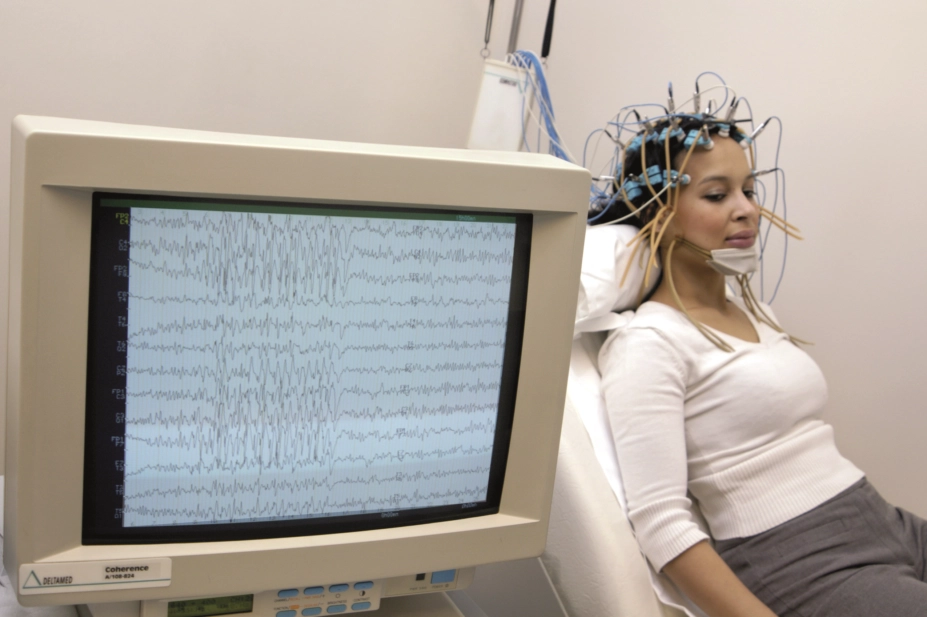
AJ Photo / Hop Americain / Science Photo Library
Use of antiepileptic drugs (AED) is associated with an increased incidence of dementia in older adults, but it is unclear if this association is causal, say researchers[1]
.
Using data from the Finnish public health register and German health insurance, researchers set out to investigate the association between regular AED use and incident dementia.
They found that regular AED use was more frequent in individuals with dementia, compared with controls. Regular use of AEDs with cognitive adverse effects (CAEs) was associated with a 59% increased risk of incident dementia and a 19% increased risk of Alzheimer’s disease, compared with no use of AEDs. This increased risk was not seen for regular use of AEDs without CAEs.
Occasional use of AEDs with CAEs was associated with a 20% greater risk of incident dementia.
“Large prospective clinical studies are needed to confirm whether the association between AED use and dementia risk is causal,” the researchers concluded in the Journal of American Geriatrics Society (22 March 2018).
References
[1] Taipale H, Gomm W, Broich K et al. Use of antiepileptic drugs and dementia risk — an analysis of Finnish Health Register and German Health Insurance Data. J Am Geriatr Soc 2018. doi: 10.1111/jgs.15358


